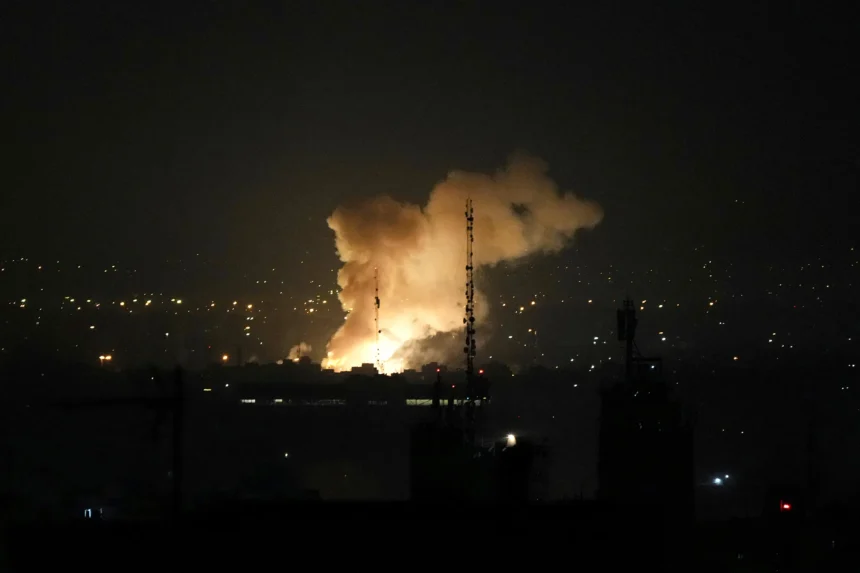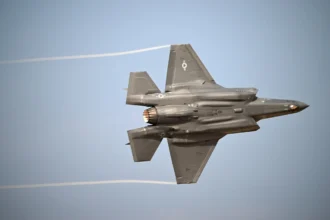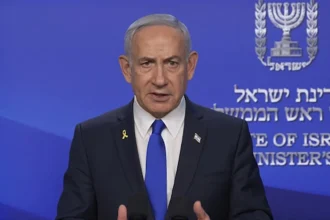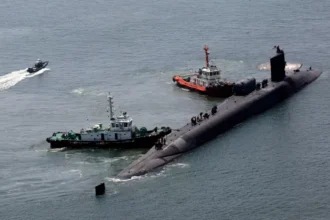The reported Israeli strike on Iran in 2025 has sent shockwaves through the Middle East and drawn global attention. While the official narratives focus on security and retaliation, the true reasons behind Israel’s actions are deeply rooted in a complex mix of geopolitical calculations, intelligence concerns, and long-standing tensions between the two nations.
1. Preventing Nuclear Capability
At the core of Israel’s strategic doctrine is its firm stance against a nuclear-armed Iran. Despite international agreements and inspections, Israeli intelligence has long warned that Iran continues to pursue nuclear weapons capability under the guise of civilian energy development. The attack may have been prompted by new intelligence suggesting Iran had crossed a “red line” in its nuclear program — such as enriching uranium to weapons-grade levels or preparing a facility that could house nuclear warheads.
2. Response to Proxy Threats
Iran supports a network of proxy groups throughout the region, including Hezbollah in Lebanon, militias in Syria and Iraq, and Hamas in Gaza. In the months leading up to the 2025 escalation, these groups were increasingly active in launching attacks on Israeli territory and interests. Israel likely viewed the attack on Iran as a way to directly weaken the command and supply structure that fuels these proxies, rather than continuing to fight the groups at the surface level.
3. Domestic Political Pressure
Israel’s internal politics may have also played a role. With rising public anxiety over national security, economic instability, and political scandals, the government may have felt increased pressure to take decisive action to project strength. Historically, national security operations have sometimes been used to rally domestic support or shift public focus away from internal issues.
4. Shifting Regional Alliances
The broader Middle East has been reshaping itself rapidly. Arab-Israeli normalization agreements, like the Abraham Accords, have redefined alliances in the region. Israel may have calculated that with growing security ties to Gulf countries — and a perceived cooling of U.S. deterrence — it had a strategic window to act against Iran with tacit regional backing or neutrality.
5. Preemptive Defense Strategy
Israel’s national security doctrine has long been rooted in the concept of preemptive strikes. Waiting for an enemy attack is seen as too risky, especially with a potential adversary like Iran, which Israel believes would not hesitate to use advanced weapons once it possesses them. A sudden strike is intended to send a message: Israel will act alone if necessary to defend its existence.
Final Thoughts
While the full picture may only emerge with time, it is clear that the Israeli strike on Iran was driven by a mix of strategic calculations, intelligence signals, regional dynamics, and political necessity. It marks a dangerous turning point — one that could redefine power structures across the Middle East and trigger responses far beyond the region.














